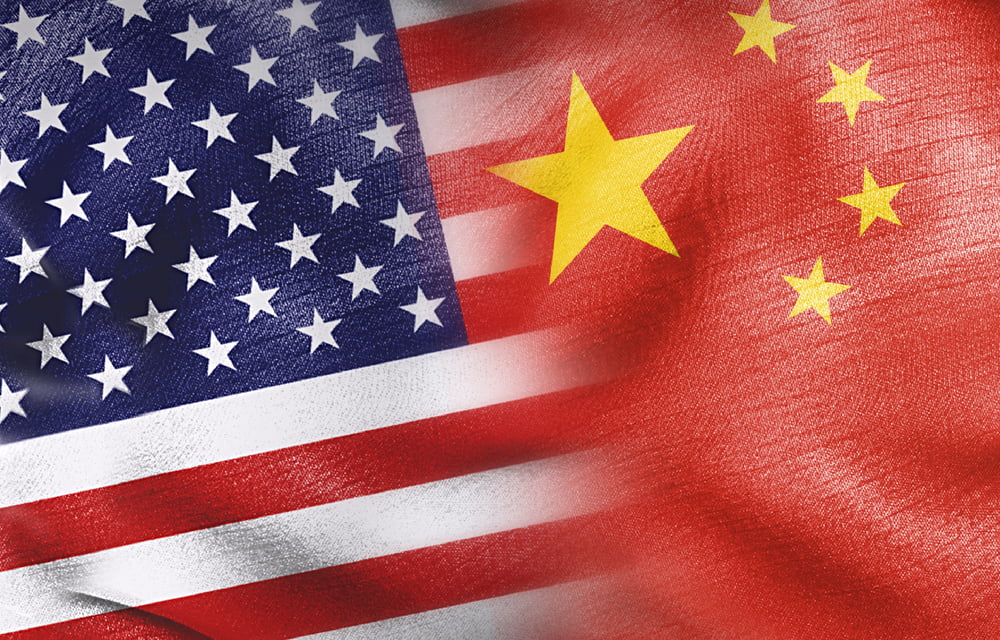The Rise and Fall of the World’s Most Successful Joint Venture – NY Times
Published in November 2023 by the NEW YORK TIMES
Click here to read the article

Brief Overview
This article by Peter S. Goodman explores the deep economic integration between the United States and China over the past quarter-century. This relationship, often referred to as “Chimerica,” saw the U.S. benefit from low-cost goods and China from massive export revenues and economic growth. However, this mutually beneficial arrangement has soured, leading to a trade war and a shift towards economic decoupling. Both nations now face the challenge of adjusting their economies and supply chains in response to this new reality.
Highlights
- Economic Integration: For over 25 years, the U.S. and China formed a monumental economic partnership. The U.S. imported vast quantities of low-priced goods from China, which in turn used the export proceeds to invest in U.S. government bonds.
- Chimerica: This term, coined by historian Niall Ferguson, described the symbiotic economic relationship between the capitalist U.S. and the communist China.
- Trade War and Decoupling: Rising geopolitical tensions have led to a trade war, with both nations imposing tariffs and restricting critical exports. Businesses are now reconfiguring their supply chains away from China.
- Shifts in Production: American companies are moving production to less politically risky countries, while Chinese companies are focusing on trade with allies and domestic suppliers.
- Divergent Policies: The U.S. has shifted from viewing commerce as a democratizing force in China to seeing China as a geopolitical rival. Conversely, China has embraced a form of nationalism that challenges U.S. dominance.
- Continued Interdependence: Despite the tensions, the economies of the U.S. and China remain deeply intertwined, particularly in high-tech industries and consumer markets.
- Impact on Supply Chains: The reconfiguration of supply chains is leading to increased costs and complexity. While production is diversifying, many components still come from China.
- Political Implications: The economic decoupling is reshaping global supply chains and has significant political implications, highlighting the challenges of disentangling the world’s two largest economies.
Discover more on this topic:
No related posts available yet!

![Black Mirror | Nosedive Featurette [HD] | Netflix](https://engliverse.fr/wp-content/uploads/2024/07/Capture-decran-2024-07-16-171535.png)




